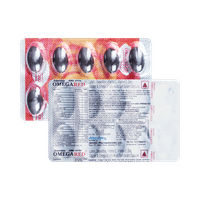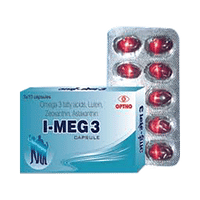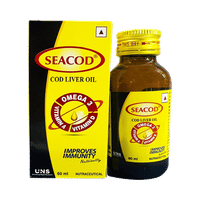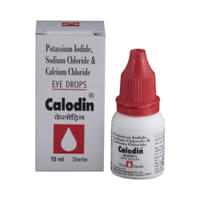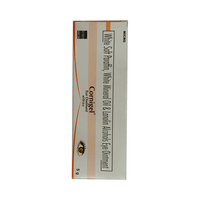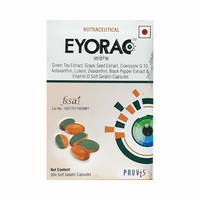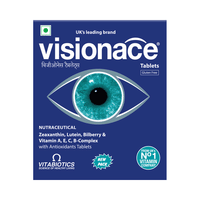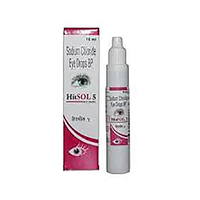Rs.173for 1 tube(s) (25 ml Lotion each)
CLOnate Lotion க்கான உணவு இடைவினை
CLOnate Lotion க்கான மது இடைவினை
CLOnate Lotion க்கான கர்ப்பகாலம் இடைவினை
CLOnate Lotion க்கான பால் புகட்டுதல் இடைவினை
CLOnate Lotion க்கான மெடிஸின் இடைவினை
உணவு
மது
கர்ப்பகாலம்
பால் புகட்டுதல்
மெடிஸின்
No interaction found/established
No interaction found/established
CLOnate Lotion கர்ப்பகாலத்தின்போது பயன்படுத்துவதற்கு பாதுகாப்பற்றதாக இருக்கலாம்.
விலங்கு ஆய்வுகளில் கருவின் மீது பாதகமான விளைவுகள் ஏற்பட்டுள்ளது எனினும் மனித ஆய்வுகள் தடை செய்யப்பட்டுள்ளது. இதன் பலன்களை ஆபத்தை உணர்ந்த பிறகு விருப்பம் இருந்தால் கர்ப்ப காலத்தின்போது பயன்படுத்தப்படலாம். உங்கள் மருத்துவரை கலந்தாலோசிக்கவும்.
விலங்கு ஆய்வுகளில் கருவின் மீது பாதகமான விளைவுகள் ஏற்பட்டுள்ளது எனினும் மனித ஆய்வுகள் தடை செய்யப்பட்டுள்ளது. இதன் பலன்களை ஆபத்தை உணர்ந்த பிறகு விருப்பம் இருந்தால் கர்ப்ப காலத்தின்போது பயன்படுத்தப்படலாம். உங்கள் மருத்துவரை கலந்தாலோசிக்கவும்.
CONSULT YOUR DOCTOR
CLOnate Lotion தாய்ப்பாலூட்டும் போது அநேகமாக பாதுகாப்பானதாக இருக்கக்கூடும்.
குழந்தைக்கு குறிப்பிடத்தக்க இடரை மருந்து குறிக்கவில்லை என்று வரம்புமிக்க மருத்துவ தரவுகள் பரிந்துரைக்கின்றன.
SAFE IF PRESCRIBED
No interaction found/established
CLOnate 0.05% w/v Lotion க்கான உப்பு தகவல்
Clobetasol(0.05% w/v)
Clonate lotion இன் பயன்கள்
தீவிர ஒவ்வாமை எதிர்விளைவு, ஒவ்வாமைக் குறைபாடுகள் மற்றும் தோல் குறைபாடுகள் சிகிச்சைக்காக CLOnate Lotion பயன்படுத்தப்படும்
Clonate lotion எப்படி வேலை செய்கிறது
க்ளோபீடாஸோல் என்பது மிகுந்த ஆற்றல்மிக்க மேற்பூச்சு கார்டிகோஸ்டீராய்டாகும். அது உடலில் அழற்சியை உண்டாக்கும் இரசாயனங்களின் செயல்பாடுகளைக் குறைக்கிறது.
க்ளோபீடாஸோல் என்பது மிகுந்த ஆற்றல்மிக்க மேற்பூச்சு கார்டிகோஸ்டீராய்டாகும். அது உடலில் அழற்சியை உண்டாக்கும் இரசாயனங்களின் செயல்பாடுகளைக் குறைக்கிறது.
Clonate lotion இன் பொதுவான பக்க விளைவுகள்
பயன்படுத்தும் இடத்தில் எதிர்வினை, தோல் மெலிதல்
CLOnate Lotion க்கான மாற்றுகள்
26 மாற்றுகள்
26 மாற்றுகள்
Sorted By
 Rs. 92.81save 58% more per ml of Lotion
Rs. 92.81save 58% more per ml of Lotion Rs. 164.30save 25% more per ml of Lotion
Rs. 164.30save 25% more per ml of Lotion Rs. 56.25save 73% more per ml of Lotion
Rs. 56.25save 73% more per ml of Lotion Rs. 66.56save 68% more per ml of Lotion
Rs. 66.56save 68% more per ml of Lotion Rs. 58.59save 72% more per ml of Lotion
Rs. 58.59save 72% more per ml of Lotion
CLOnate 0.05% w/v Lotion க்கான அடிக்கடி கேட்கப்படும் கேள்விகள்
Clobetasol
Q. Can CLOnate Lotion be used for a long time?
No, CLOnate Lotion should not be used for a long time. The doctor generally prescribes it for 2 consecutive weeks only. However, the treatment can be longer for chronic (long-term) inflammatory conditions. Consult your physician before using this medication.
Q. Does CLOnate Lotion cause severe skin reactions?
Severe skin reactions are quite rare with CLOnate Lotion. CLOnate Lotion is an anti-inflammatory drug which is used to treat skin diseases, skin reactions and eczemas. However, skin reactions can occur in a person who is hypersensitive to CLOnate Lotion. It is important to leave the affected area open after applying CLOnate Lotion as using occlusive dressings (air- and water-tight dressing) can lead to skin reactions. The medicine may not itself cause a reaction but the added excipients with the medications can lead to a reaction in some cases. Inform your doctor immediately in case you encounter any skin reactions.
Q. Can CLOnate Lotion be used on the face?
No, CLOnate Lotion should not be used on the face. In addition to this, CLOnate Lotion should also not be used on the axillae (armpits), groin, and if there is atrophy (wasting away of tissues) at the treatment site. In certain circumstances, it can be exceptionally considered to be used by doctors. It should be used only after consultation with your physician and if possible, the application on the face should be limited to a maximum of 5 days.













